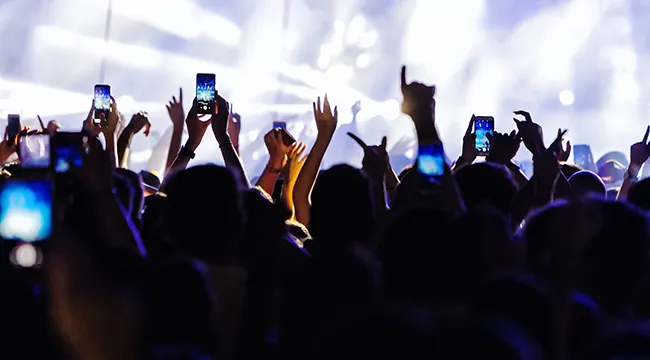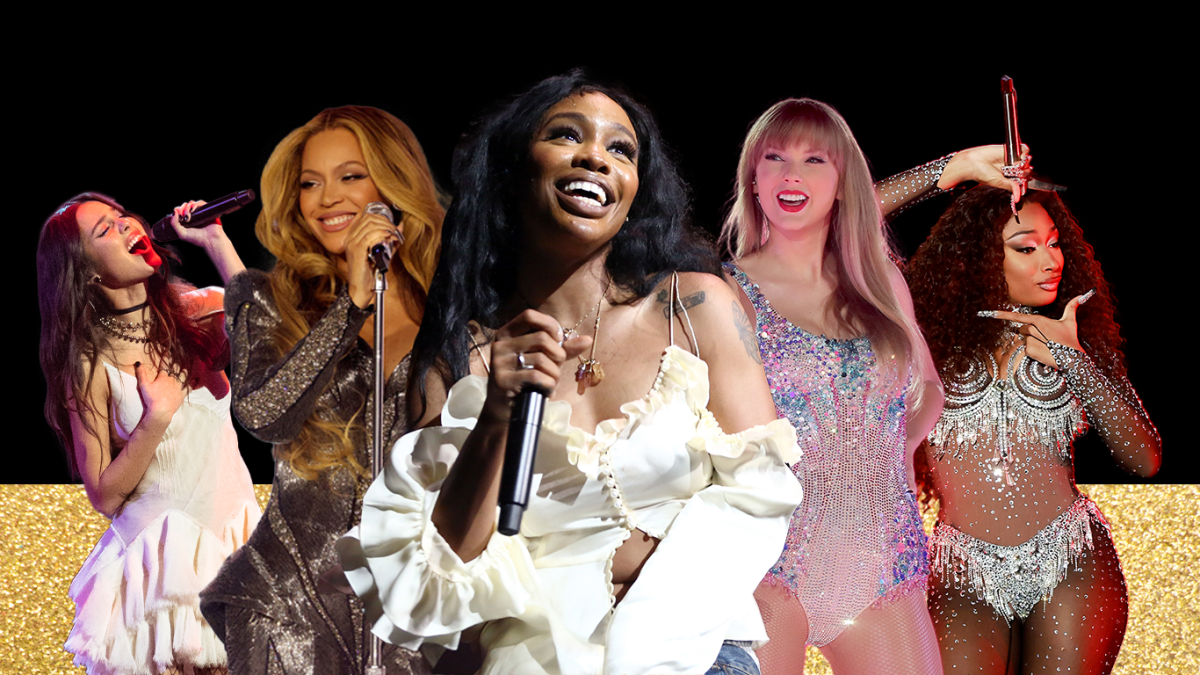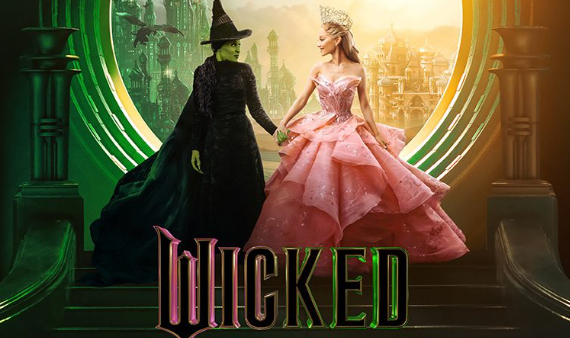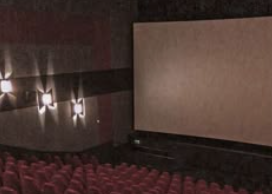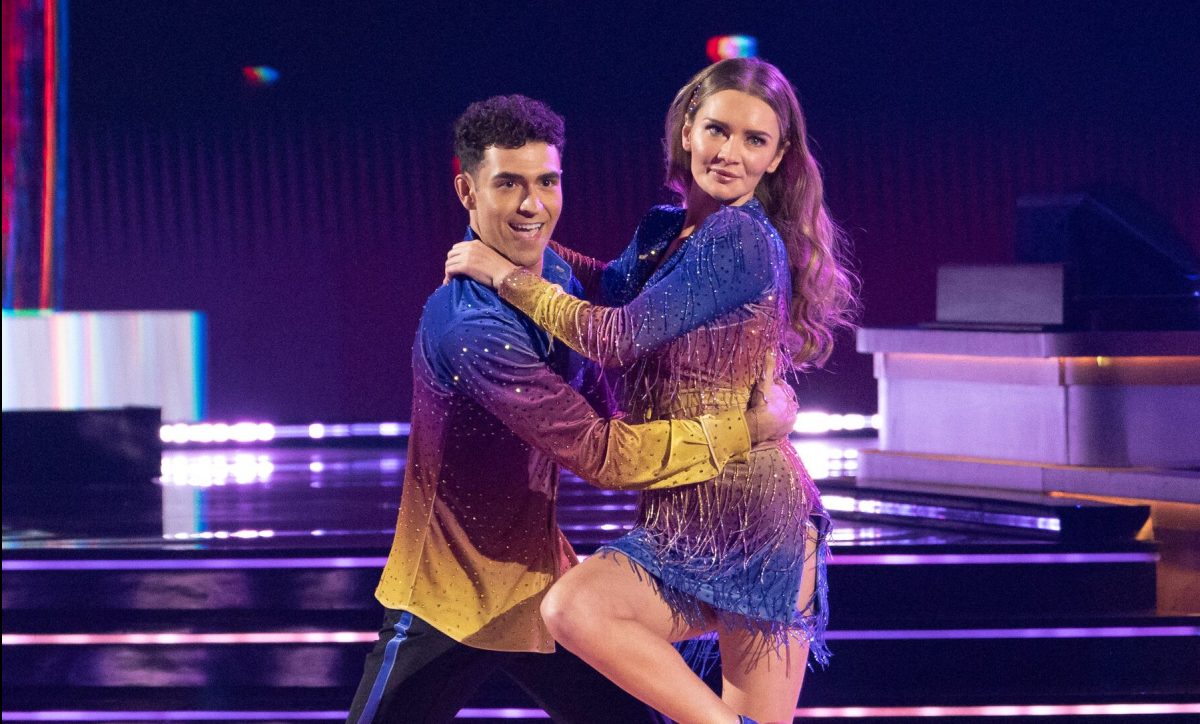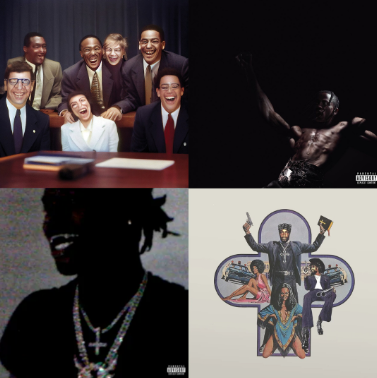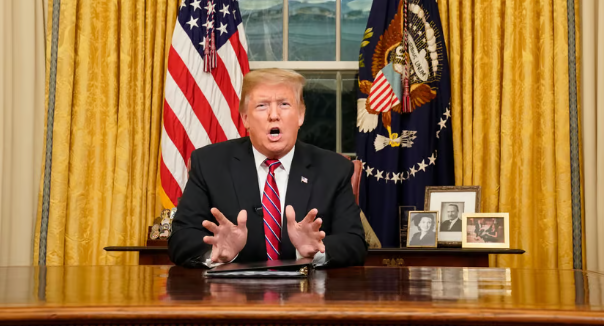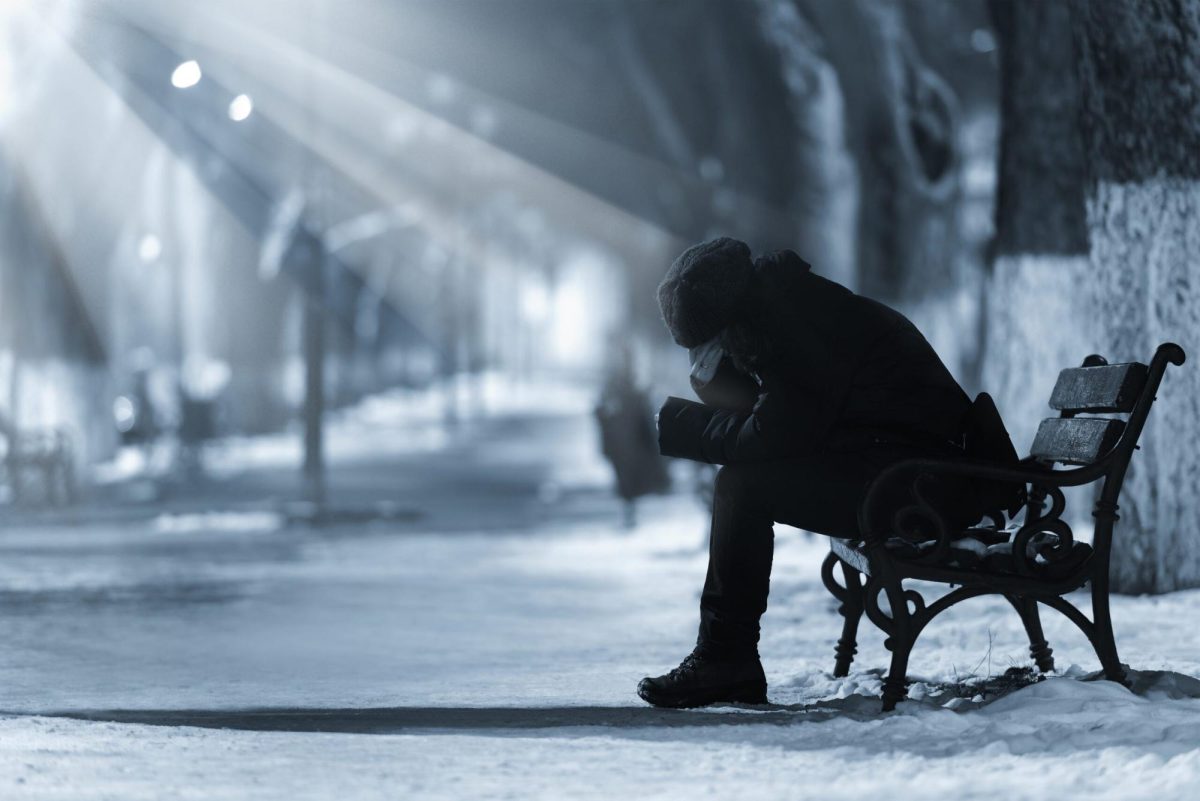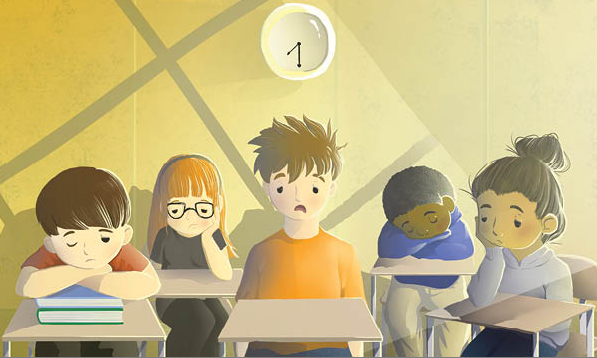Concerts have always been such a large part of American society. From The Beatles to Taylor Swift, venues are constantly filled to the brim with screaming fans. Getting the chance to see your favorite artist live is a feeling that is rarely matched. The introduction of phones in the early 2000s infringes on the sacred moment of concerts. People all over the crowd are hidden behind their phones to record the entire concert. There’s no real solution to the problem of phones taking over concerts because they do a lot of good for artists in the long run, but during the concert itself, that’s where the dilemma lies.
It would be hard to completely ban phones from concerts because society has become addicted to their phones. They are taken everywhere and people can’t function without them. The addiction is strengthened when you’re at a concert and everyone around you is either on their phone or recording part of the set on their phones. It turns into a bit of a mob mentality because being in the middle of everyone recording makes you wanna record too, so you don’t miss a cool moment or forget a song later on. But in the end, the recording actually can make you miss a moment or forget because you’re so immersed in whether your recording is good or just trying to get your phone ready to record that you miss the small moments that are unique to the concert you’re at. Why pay all this money for a ticket to be staring at your screen recording, when you can watch other people’s videos at home?
A legitimate reason for being on a phone during a concert is for communication. Since a lot of the concerts that people attend are in sold-out stadiums, there is a need to communicate with someone on the outside to either escape the chaos or to assure a parent that you’re ok. Even with this, it should only be before the artist comes on, or if there is a prolonged set change or something to that degree. Texting friends or using a phone while an artist is pouring their heart into a performance is disrespectful to them, especially if you’re on the floor or close to the artist. Rapper and songwriter, Tyler the Creator used this Coachella to ask people not to record, by saying “I would love to see y’alls faces and not your phone lights.” He is using this platform to discourage people from phone usage during this set, which is inspiring because rather than promoting his songs, he is encouraging people to be more present during Coachella. Specifically, Coachella is a time when people would need their phones for communication, but that can’t be confused with using them for other reasons.
I don’t think recording should be completely banned during concerts because we all want some proof of attendance or a way to validate a memory. Recording a song or two seems like it would be normal etiquette in this new age, but many people are recording the entire set. Capturing your favorite song or a snippet of a popular song would be good to look back on, but having the artist’s entire show recorded on one phone is excessive. At some concerts, I have seen entire friend groups taking a video of the same song in a line. In that scenario, having one person take the video and then share it with the others will work just as well. With the amount of people attending these concerts, there is most definitely a video of every song before you attend the concert personally. With that being said, record a song or two and then enjoy the concert. If the videos aren’t enough, any social media platform will have more songs recorded and you can try to relive the concert that way. Granted, you can watch the concert above your phone while you’re recording, but is anyone at the moment when they still have their phone glued to their hand?
There is a phenomenon affecting concertgoers, called “post-concert amnesia.” Post-concert amnesia is when you attend a very anticipated concert and then can’t remember part of the set afterward. In the situation of a highly exciting concert, the brain releases a chemical called Norepinephrine, which helps regulate stress among other things. When there is an increase in this chemical in the brain, there is a fight within to decide what is the most important for someone to remember. This is a reason why many people record much of the show, to ensure they’ll remember it later. But in theory, wouldn’t it be more beneficial for someone to put the phone down and truly experience the concert for what it is at its core? These same ideas can be applied to live theater. Recording in that setting is largely frowned upon and could get someone thrown out of the theater, but the same reasoning applies to concerts. The artist can get distracted by the flash or recording, and there is a disrespect that comes with recording when the artist puts so much work into their performance. A way to rectify this is to make an effort to professionally record more concerts to distribute them on a wider scale. Releasing the film after the final concert date will make it so the people who could see the concert live can, but also ensure that they don’t need to record when they can watch a better-filmed version later.
Some reasons behind recording or photographing a concert aren’t positive. Many people use their recordings of the concert to post on social media and brag to others that they got to go to this and others didn’t. In my personal experience, at the most recent concert I attended, before the opener went on, people were flooding the stairs to get pictures, and even after that, they could get more proof that they went to this highly sought-after concert. Not everyone who posts about a concert is doing it to spite others, but there is always a hint of it when people post about it. Posting about a concert goes hand in hand with the general problem of recording concerts.
Overall, recording concerts is a multifaceted issue that doesn’t have a clear solution. There are reasons to have phones at concerts, and it would take a lot of change for current society to part with their phones for such events as concerts. However, the way things are going, people aren’t even going to comprehend the gravity of the concert they’re at because of how glued to their phones they are. In the end, change won’t happen right away, but hopefully, people will do some thinking and decide to be present and in the moment during concerts.

